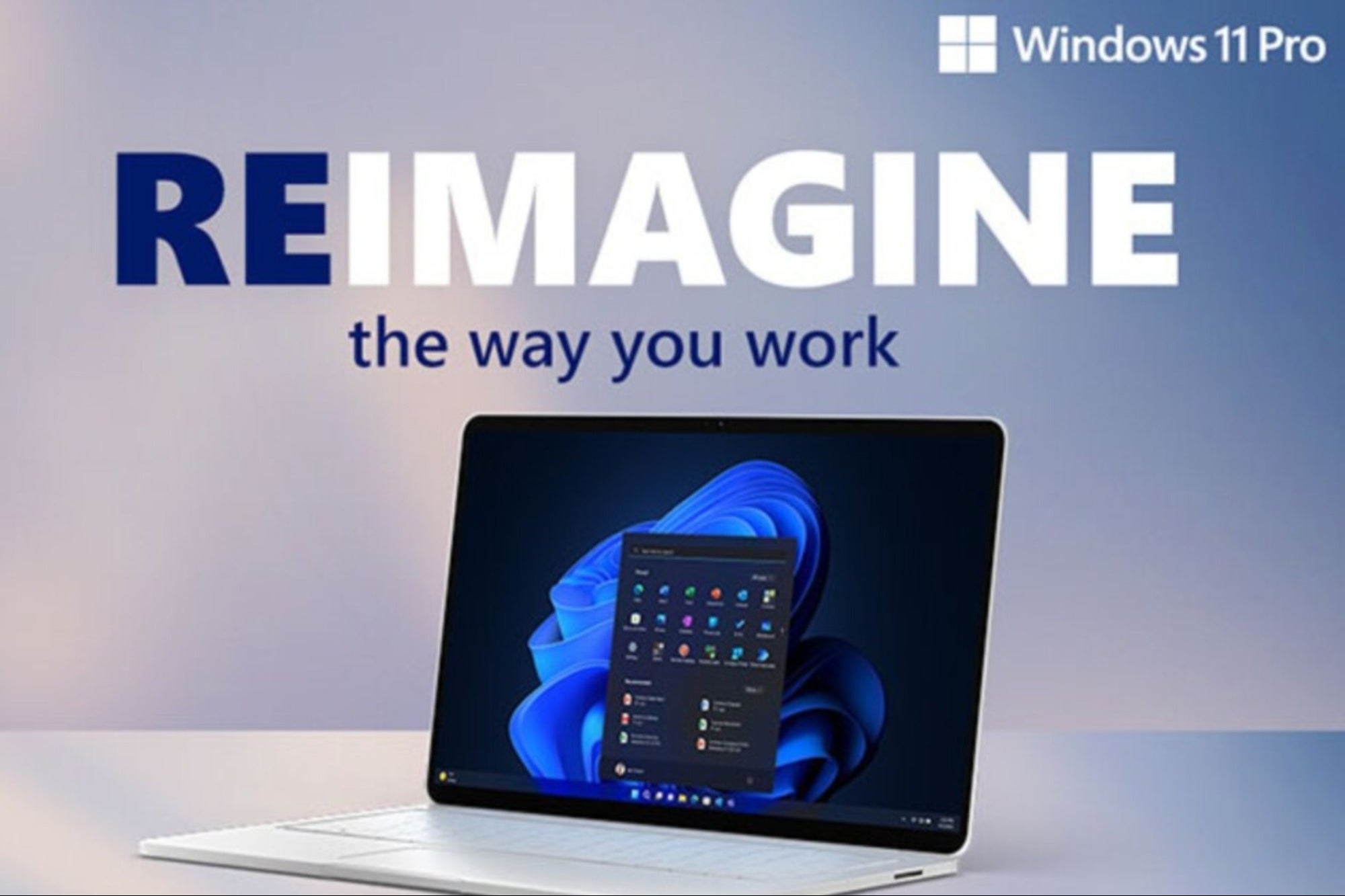Why BIZ Experiencess Should Think About Non-Dilutive Financing What kind of funding you seek can make all the difference in how much money you raise and how much control you keep.
By Scott Shane Edited by Dan Bova
Opinions expressed by BIZ Experiences contributors are their own.

In my more than 20 years of teaching BIZ Experiencesship, I have learned that few aspiring business founders want to talk about the unsexy parts of the process, like when and how to get non-dilutive capital. But I have also learned that understanding the boring stuff almost always makes a big difference in outcomes.
Failure to know when and how to get non-dilutive capital can mean the loss of millions of dollars in profits going into the pocket of an BIZ Experiences, as the financing history of one Cleveland-area startup illustrates.
For those of you unaware of the definitions here, dilutive financing is any kind of fundraising that requires you to give up ownership of your company – like the sale of shares to angel investors or venture capitalists. Non-dilutive financing is the type of capital acquisition that does not require you to give up shares of your business – like a loan from your Great Aunt Edna or a grant from your state's economic development agency.
I will be the first to admit that it is much more interesting to talk about Uber's valuation, Mark Zuckerberg's approach to Peter Theil to finance Facebook, or Reid Hoffman's pitch deck for Linkedin, than it is to discuss when and how to get a loan from the state of Virginia. However, exciting or not, knowing when and how to get non-dilutive financing can have a huge impact on how much money you take home from your BIZ Experiencesial endeavors.
The founder of one Cleveland-area startup highlighted the importance of understanding when and how to raise non-dilutive capital in a recent presentation to my BIZ Experiencesial finance class. He turned this potential snoozer into the class's biggest lesson this semester by discussing his Series A-1 and Series A-2 financing efforts. It's one I think is worth sharing with a wider audience.
Related: To Encourage Crowdfunding, Change the Definition of an Investment Company
Thus far, the founder has raised $2.3 million for his company by selling 42.2 percent of it to investors. His first round of financing was all dilutive – a sale of shares to angel investors. His second financing round was partially dilutive. He sold shares to angel investors and obtained a loan from the state of Ohio under a program to support for high-growth-potential tech companies.
His presentation showed what would have happened to his equity stake had he undertaken the combined dilutive and non-dilutive fund raising effort first and the purely dilutive round second. Rather than raise $2.3 million for 42.2 percent of the company, he would have raised $3.2 million for 29.3 percent of the business.
By raising non-dilutive financing first, this founder would have been able to sell his shares later at a higher valuation, allowing him to raise more money by selling less equity. Not only would he have raised an extra $900,000 for the business, but also he and his co-founders would have owned an additional 12.9 percent of the company at this point in time.
It's true that the founder might not have been able to convince investors to back his company if his initial fund raising effort included non-dilutive capital. After all, some investors don't like BIZ Experiencess to get loans from government entities because they don't want founders focusing on the non-business goals that policymakers care about (e.g., maximizing employment, staying in a particular location, and so on). But that's a different story. This founder's experience shows what can happen to an BIZ Experiences's equity stake if he or she does not carefully manage the process of raising non-dilutive capital.
Related: Why Kickstarter and Indiegogo Won't Go Into Equity Crowdfunding











